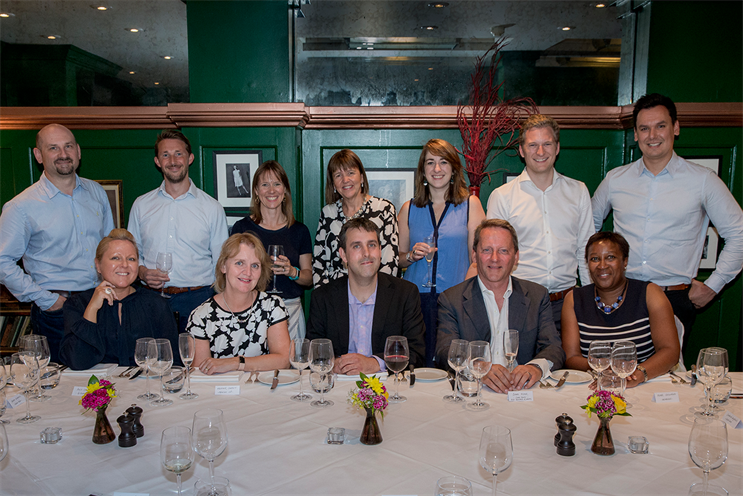Originally published on:
https://www.campaignlive.co.uk/article/5-tips-looking-further-afield-talent/1486349

Moving between companies and disciplines is fast becoming the norm for many people. We brought HR leaders together to find out which myths need busting, why losing employees is a good thing and how you can find top talent with a comb…
Businesses are experiencing a rising trend in non-linear career paths – talented individuals (particularly in the digital realm) are increasingly likely to move between sectors, and skills aren’t confined to a single discipline any more. As a result, looking beyond your traditional sources of talent is one of the biggest challenges on many HR agendas.
People Management partnered with Grace Blue to host a debate with HR leaders from brands including McDonald’s, Heineken, Conde Nast International, Coca Cola and Santander. We asked how they are rethinking and broadening their approach to recruiting talent.
The debate uncovered five key insights, which we’ve outlined below. A full expert report will reveal further valuable observations from the debate and will be published on People Management Insight in the coming weeks. Register your interest here.
-
Consider diversity of skills, thinking and experiences – not just the demographic differences such as gender and ethnicity that traditionally constitute diversity. These aspects of diversity are every bit as important for driving business growth, and therefore also matter when it comes to recruiting talent.
-
Bust the myth of the ‘push up’ career. Employees have always been conditioned to aim for progressive pay rises and promotions. We need to re-educate them to embrace a growth-based portfolio career, not just a linear progression. When employees gain exposure to different aspects of a company, they pick up wider skills, and expand their thinking and diversity. Stop looking for ‘T-shaped’ people who have knowledge and skills in a particular area, said Grace Blue’s Anna Edwards, and start looking for ‘comb-shaped’ people who can dip into different things and have breadth and versatility over a wider range of projects and work.
-
Marketing and HR departments must work more closely. Your employees are your customers – listen to what they want to see, feel and hear. Your people should feel the way you want your customers to feel. This makes your offering much more attractive to new talent, and you can sell an authentic view of working life to them.
-
Take a long-term view of your employees’ careers. Responsibility for career progression is too often placed solely on an employee’s line manager, who is also dealing with their day-to-day performance. Could a career sponsorship programme – involving a more senior internal or external figure who doesn’t deal with the day-to-day management – help employees take a long term view of their career, have a better view of where they might be able to progress and which openings could become available? It’s in everyone’s interest to nurture talent, after all.
-
The end is just the beginning. Employees are not likely to stay with you forever. Businesses should not be judgmental or resentful, but instead make the most of the time they have. Help foster a ‘boomerang’ or ‘spiral’ career by encouraging employees to pick up skills elsewhere, even helping them broker opportunities outside your organisation, and have a role waiting for them when they are ready to come back. Shorter-term contracts can also help to facilitate this attitude – lines are very much blurring between internal and external talent.
